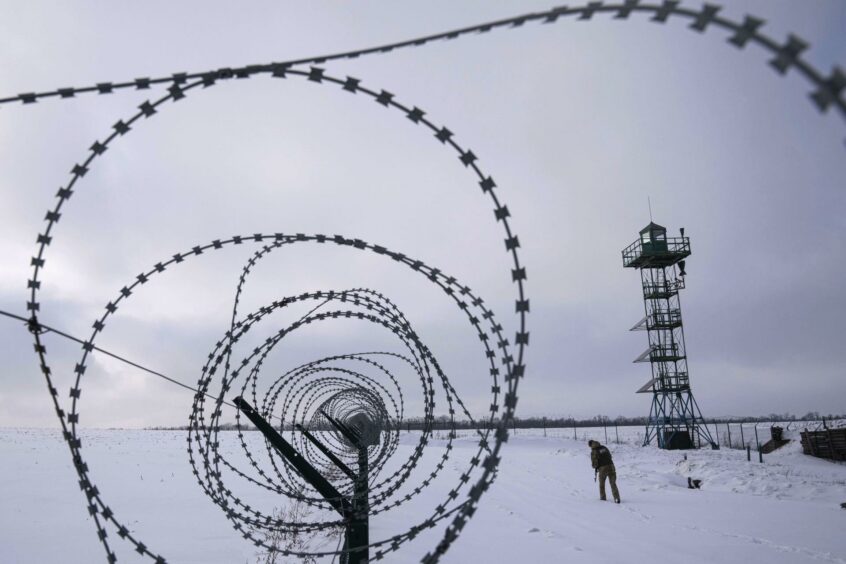
Oil headed for a weekly loss as investors weighed the crisis over Ukraine and the possibility that Iran’s nuclear deal may be revived.
West Texas Intermediate fell toward $91 a barrel after ending 2% lower on Thursday. The US crude benchmark is on course for its first weekly decline this year, ending an eight-week winning run that was the longest since October.
After the US ramped up warnings in the recent days of a possible Russian attack on Ukraine, US Secretary of State Antony Blinken and Russia Foreign Minister Sergei Lavrov have agreed to meet for talks next week. Russian officials have said that no invasion of its smaller neighbor was planned.
There’s mounting speculation Iran’s nuclear deal may be revived, potentially paving the way for the removal of U.S. sanctions on the nation’s crude exports. Earlier this week, Tehran’s top negotiator, Ali Bagheri Kani, tweeted that efforts to restore the deal are “closer than ever” to agreement.
Crude remains close to the highest level since 2014 after a blistering rally underpinned by roaring demand, constrained supply, and declining inventories. The market’s pricing structure still points to robust demand for physical barrels, with traders willing to pay steep premiums for near-term supplies.
“Most of the risk premium has been priced in for the Ukraine crisis and many are still speculating that this won’t turn into a full-scale war, while Iran’s back in focus, dragging prices down further,” said Will Sungchil Yun, senior commodities analyst at VI Investment Corp. in Seoul. “As long as there isn’t a Russian invasion, a massive upside for prices is probably limited.”
Prices
- WTI for March delivery was 0.8% lower at $91.02 a barrel on the New York Mercantile Exchange at 7:26 a.m. in London. Prices have dropped 2.2% this week.
- Brent for April settlement slipped 0.7% to $92.32 a barrel on the ICE Futures Europe exchange. The global benchmark is headed for a drop of 2.3% this week, its first weekly loss since December.
Issues surrounding Iran’s nuclear accord are set to be discussed at a key transatlantic security meeting in Munich this weekend. A lifting of sanctions on oil shipments from the Persian Gulf producer would be a later phase of the agreement, Reuters reported, citing a draft text and unidentified diplomats.
While futures are lower this week, the market remains firmly in backwardation, a bullish pattern with near-term prices above longer-dated ones. Brent’s six-month timespread widened slightly on Friday after hitting its strongest in data going back to 2007 earlier this week. The prompt spread – the gap between the nearest two contracts – was more than $2 a barrel in backwardation.
Recommended for you
